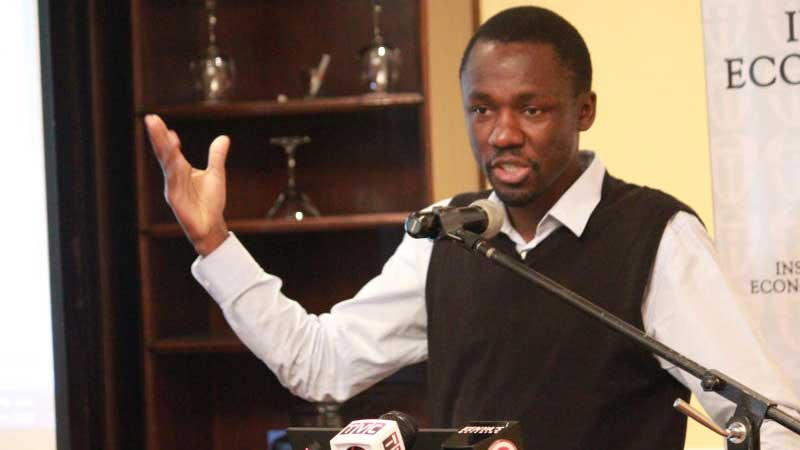×
The Standard e-Paper
Smart Minds Choose Us

An economist has claimed corruption might be responsible for the country’s ballooning public debt and wage bill.
Institute of Economic Affairs Chief Economist Kwame Owino yesterday said that there is a high possibility the Government’s high debt portfolio and wage bill could be linked to ghost creditors and workers.